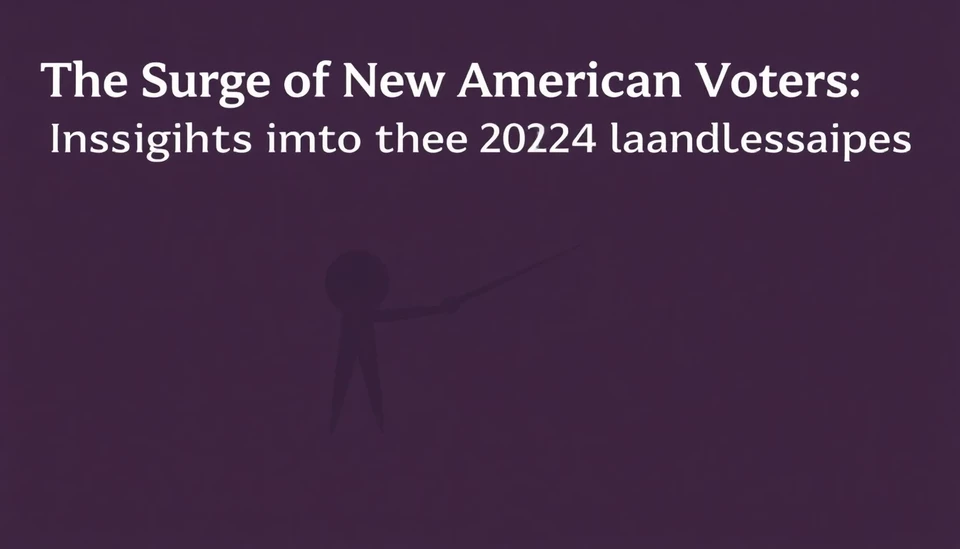
As the 2024 presidential election approaches, a significant demographic shift is becoming increasingly apparent in voter registration and participation across the United States. This phenomenon primarily involves populations traditionally underrepresented in the electoral process. Various factors contribute to this surge, including demographic changes, heightened political engagement, and grassroots mobilization efforts.
Research indicates that newer voters, particularly those from diverse racial and ethnic backgrounds, are poised to influence the outcome of the upcoming elections. According to recent data, young voters, including Millennials and Generation Z, are stepping into their roles as active participants in the democratic process, eager to express their opinions and priorities through the ballot box.
Among the notable changes is the increase in Hispanic and Black voters registering to vote. This trend is a direct response to pressing issues impacting their communities, including immigration reform, economic disparities, and social justice. Leading up to the elections, these voters have shown a strong resilience and willingness to advocate for change, often reflecting the priorities emphasized by grassroots organizations and community leaders.
In tandem with demographic shifts, the political climate remains charged, with various issues resonating deeply with the electorate. Topics such as climate change, healthcare reforms, gun control, and racial equality fuel discussions among voters attempting to make informed choices. The 2024 election may very well hinge on how well candidates address these crucial matters.
The initiatives taken by advocacy groups have played a pivotal role in the voter mobilization that is now seen. Campaigns aimed at educating potential voters about registration processes, voting rights, and the significance of their votes are flourishing. These efforts are particularly crucial in states where policy changes have threatened access to the ballot box for marginalized groups.
Libraries, community centers, and digital platforms have become vital spaces for outreach, allowing individuals to learn about the electoral process, understand the issues at stake, and connect with local representatives. The role of technology in this mobilization cannot be understated; social media platforms serve as battlegrounds for information dissemination and rapid community organization, making it easier for new voices to be heard.
As we approach the election, it is evident that the landscape is evolving, shaped by newer voters who are increasingly engaged and committed to making their voices heard. Their effectiveness at the polls will likely depend on how well societal pressures align with political processes and whether candidates can adequately address the distinctive needs and aspirations of this burgeoning electorate.
In summary, the 2024 elections are expected to witness a highly engaged group of new voters who hold the potential to sway the outcome significantly. Understanding their motivations, challenges, and aspirations will be key for candidates aiming to resonate with this diverse constituency.
As these dynamics unfold, the focus remains on not only increasing the turnout among new voters but also ensuring they feel valued and heard in the political discourse.
#NewVoters #2024Election #VoterEngagement #PoliticalShift #CivicParticipation
Author: Rachel Greene




